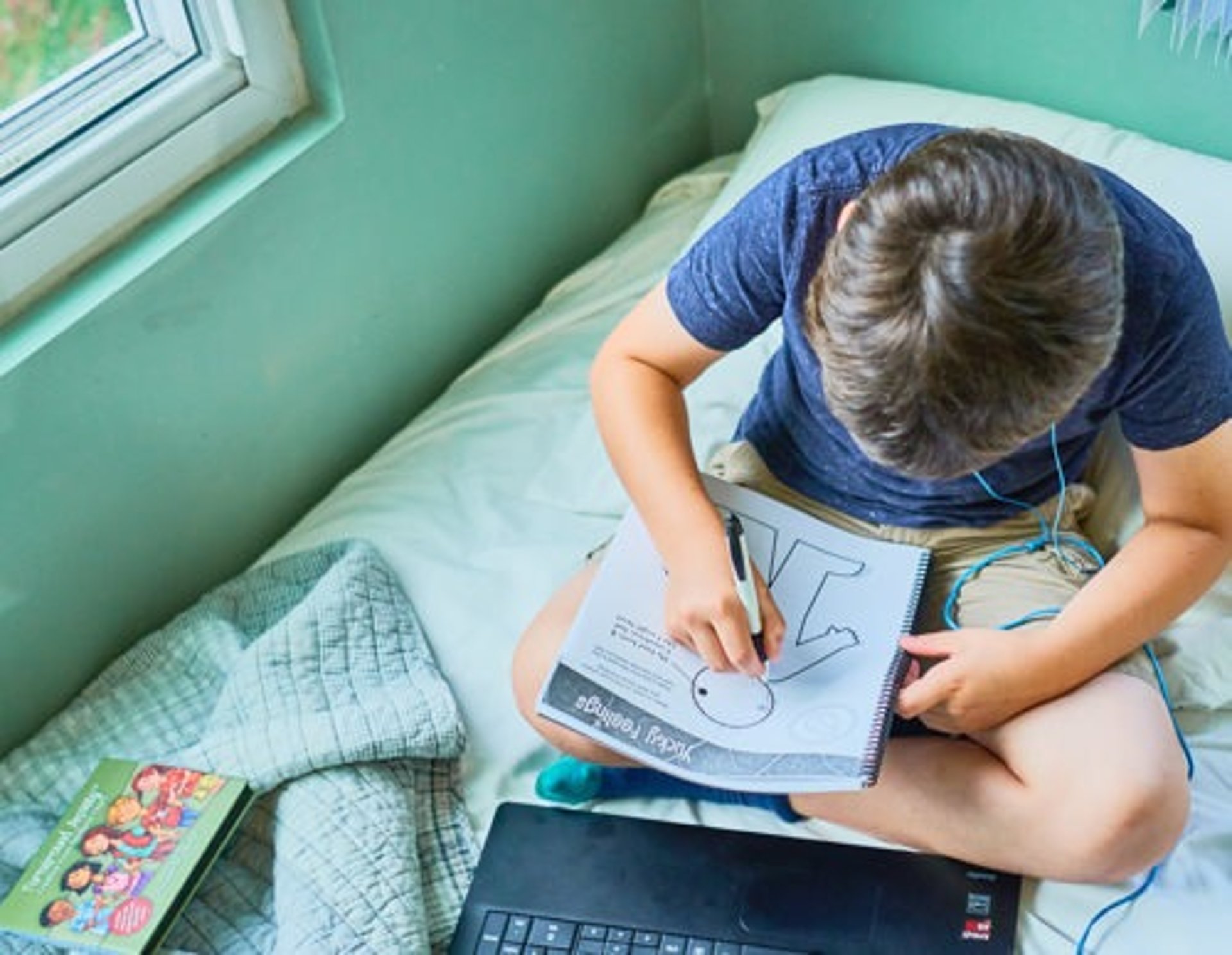Calm Your Child's Fears
With an award-winning audio program that will teach your child what anxiety is, how it works, and how to overcome it.
Helping Anxious Kids Thrive
The Turnaround Anxiety Program is a kid-friendly, professionally developed audio program based on cognitive behavioral therapy. It has been proven effective in helping children overcome anxious fears.


10000+
20+
Countries
Users
The Turnaround Program is a 10-Part adventure full of fun characters
Our Program
Turnaround is designed to speak directly to children — not adults. We draw on our experience working with kids to grab their attention, teach in ways they understand, and help them change how they handle anxiety. The program does the heavy lifting, so you don’t have to. Your role is simply to support your child as they put into practice what they learn.
Step-By-Step Plan


The Turnaround anxiety program is kid friendly, professionally developed & proven effective in helping children overcome anxiety.




Designed for Children
The Turnaround Program simplifies the intricate elements of cognitive-behavioral therapy, making it accessible to children's language and thought processes.
Detailed information regarding anxiety to assist you in comprehending the various types and to help your child react differently to anxiety.
Anxiety Info
What People Are Saying

Turnaround has been amazing! I had reached my breaking point from exhaustion at having to deal with my daughter’s extreme anxiety on a daily basis for 6 weeks when I found your programme. Her symptoms got even worse as we started the programme but we decided to persevere with it and from Day 5 there was a sudden decrease in her symptoms and our lives began to return to normal. The programme is the best money I have ever spent and I cannot recommend it highly enough to others with anxious children. Thank you so much.
Stephanie, Great Britain

I’ve been meaning to send a big huge THANK YOU for months now! I completed the program with my 9 year old just before she completed grade 3. Over this summer, I have seen remarkable changes in her levels of anxiety. She now participates in sleepovers and play dates without hesitation, I can go to work with no issues, and the beginning of grade 4 has been without anxiety! Last school year I had a child who would throw her arms around my legs so I couldn’t go to work, and I literally spent the first two weeks of grade 3 at school with her! I have recommended your program to anyone who asks what I’ve done with her to see such changes
Michelle

★★★★★
★★★★★
Help
Support for parents navigating their child's anxiety.
Contact
© 2025. All rights reserved.
